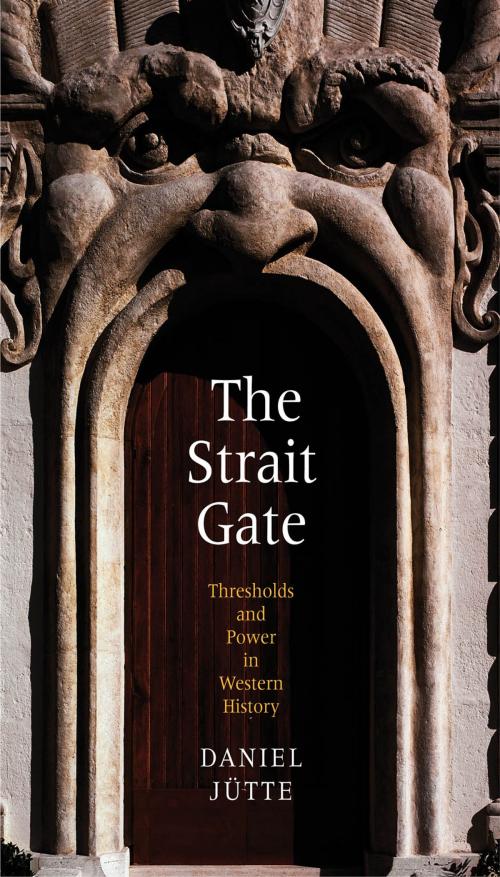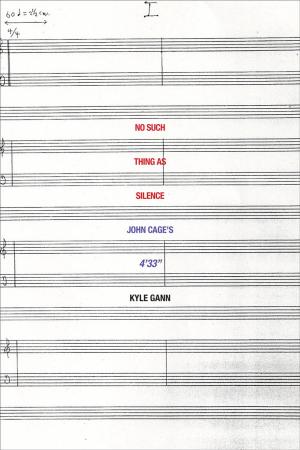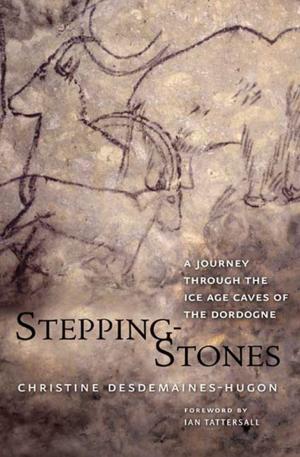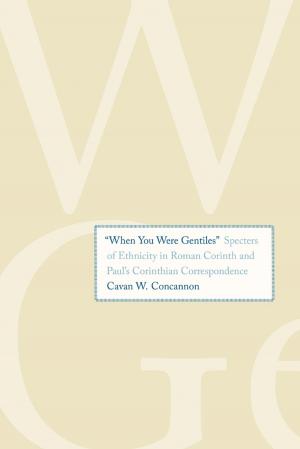The Strait Gate
Thresholds and Power in Western History
Nonfiction, Religion & Spirituality, Philosophy, Aesthetics, Religious, History| Author: | Daniel Jütte (Jutte) | ISBN: | 9780300216400 |
| Publisher: | Yale University Press | Publication: | September 22, 2015 |
| Imprint: | Yale University Press | Language: | English |
| Author: | Daniel Jütte (Jutte) |
| ISBN: | 9780300216400 |
| Publisher: | Yale University Press |
| Publication: | September 22, 2015 |
| Imprint: | Yale University Press |
| Language: | English |
Exploring a chapter in the cultural history of the West not yet probed, The Strait Gate demonstrates how doors, gates, and related technologies such as the key and the lock have shaped the way we perceive and navigate the domestic and urban spaces that surround us in our everyday lives. Jütte reveals how doors have served as sites of power, exclusion, and inclusion, as well as metaphors for salvation in the course of Western history. More than any other parts of the house, doors are objects onto which we project our ideas of, and anxieties about, security, privacy, and shelter.
Drawing on a wide range of archival, literary, and visual sources, as well as on research literature across various disciplines and languages, this book pays particular attention to the history of the practices that have developed over the centuries in order to handle and control doors in everyday life.
Drawing on a wide range of archival, literary, and visual sources, as well as on research literature across various disciplines and languages, this book pays particular attention to the history of the practices that have developed over the centuries in order to handle and control doors in everyday life.
Exploring a chapter in the cultural history of the West not yet probed, The Strait Gate demonstrates how doors, gates, and related technologies such as the key and the lock have shaped the way we perceive and navigate the domestic and urban spaces that surround us in our everyday lives. Jütte reveals how doors have served as sites of power, exclusion, and inclusion, as well as metaphors for salvation in the course of Western history. More than any other parts of the house, doors are objects onto which we project our ideas of, and anxieties about, security, privacy, and shelter.
Drawing on a wide range of archival, literary, and visual sources, as well as on research literature across various disciplines and languages, this book pays particular attention to the history of the practices that have developed over the centuries in order to handle and control doors in everyday life.
Drawing on a wide range of archival, literary, and visual sources, as well as on research literature across various disciplines and languages, this book pays particular attention to the history of the practices that have developed over the centuries in order to handle and control doors in everyday life.















